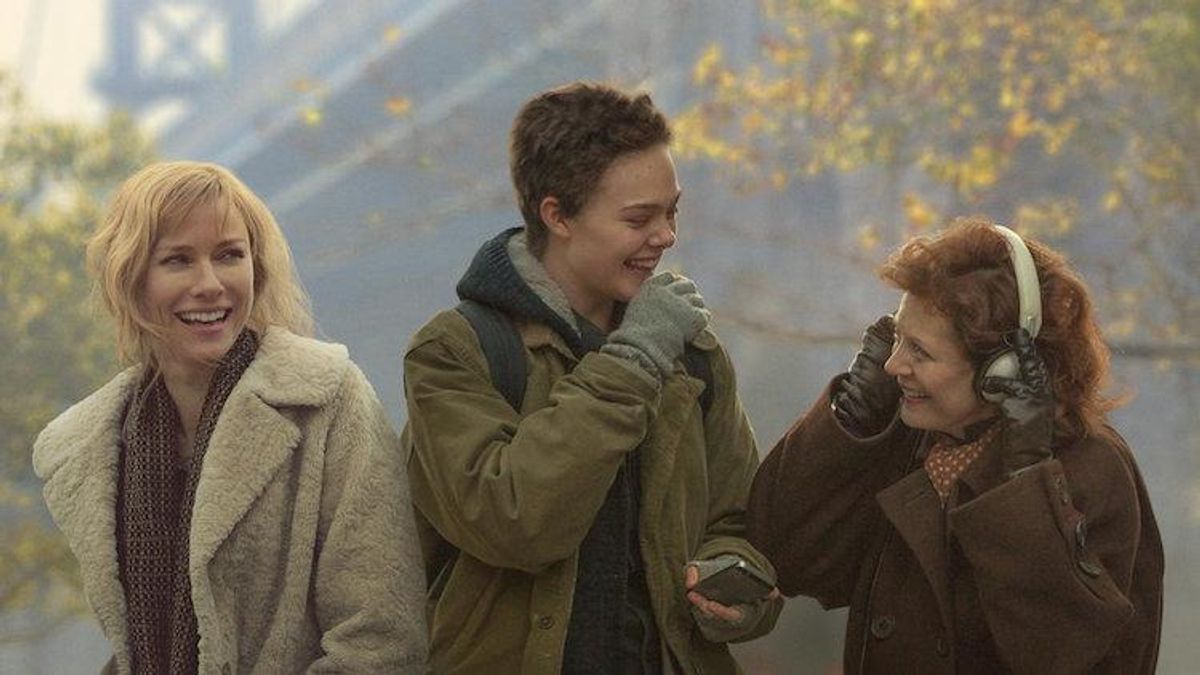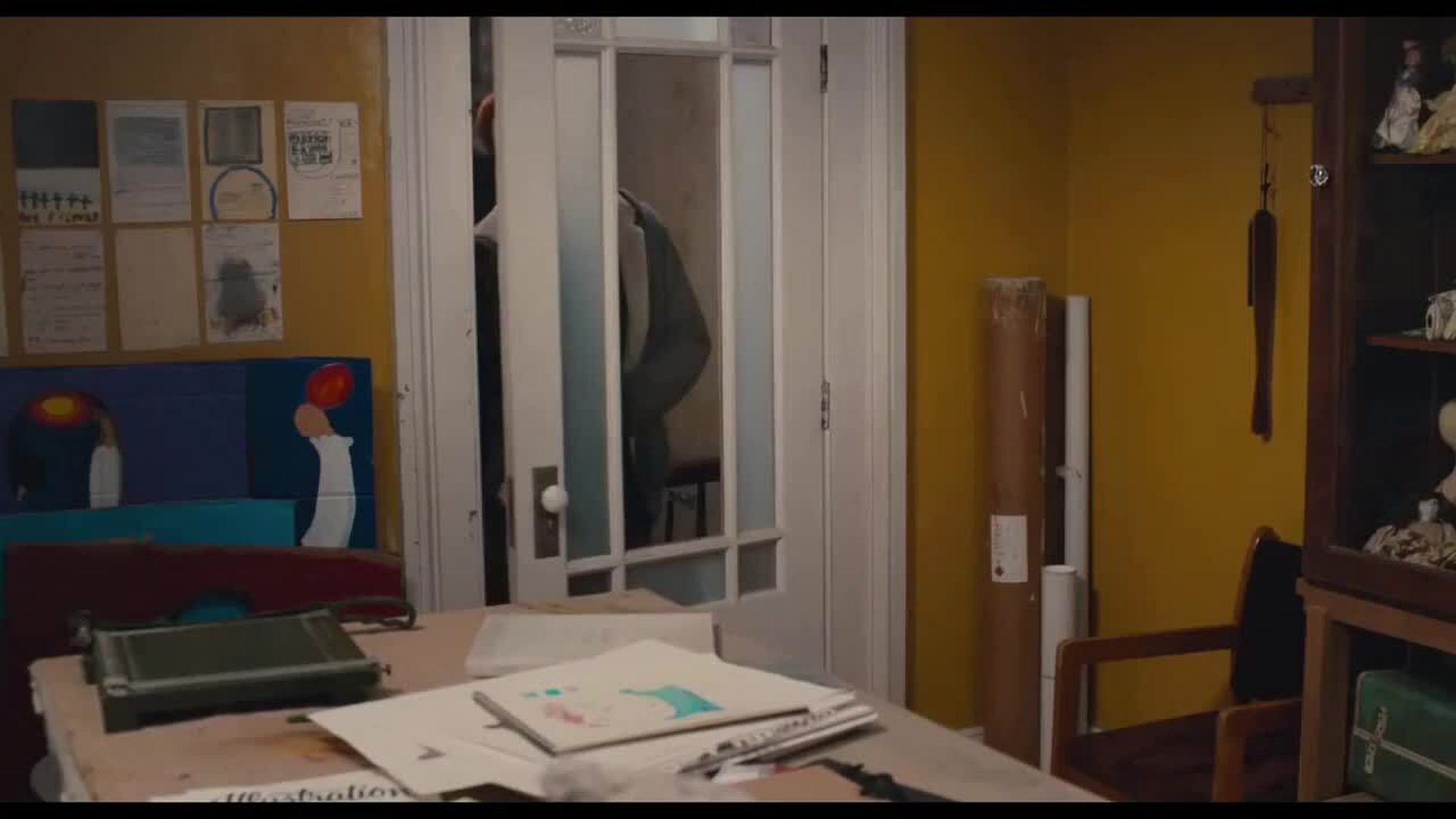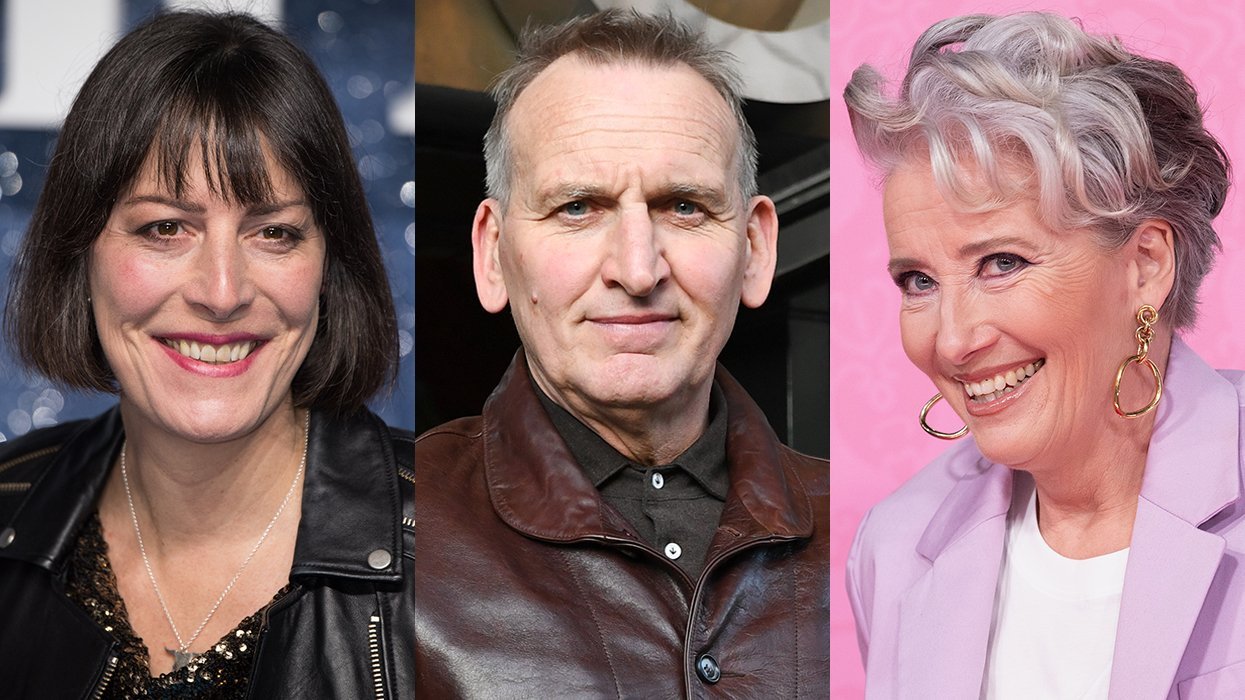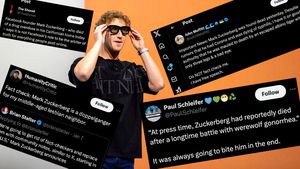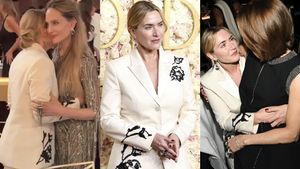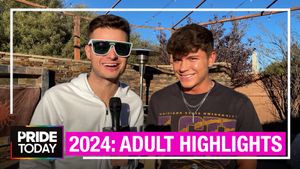Tastemakers at the 2015 Toronto Film Festival made producer Harvey Weinstein rethink how to sell About Ray, the transgender movie starring Naomi Watts, Susan Sarandon and Elle Fanning. Now the film is out in the culture, finally opening with a new, transitioned name: 3 Generations. The movie makes better sense after this reassignment.
Although 3 Generations begins with Fanning's character confiding, "All I ever wanted was to be a boy," the film expands to consider the impact that disclosure has on an already troubled New York family: single mother Maggie (Watts), lesbian grandmother Dolly (Sarandon) and her partner Frances (Linda Emond). Fanning's Ray (born Ramona) has to wait her turn in the queue for sexual entitlements.
Related | The Trans Activist Who Successfully Fought MPAA's 3 Generations R Rating
This film's generational awareness is a welcome change from the mainstream media's usual treatment of LGBTQ issues as different than other, traditional sexual concerns. Director Gaby Dellal shows an egalitarian interest in the age-old difficulty of achieving sexual and gender realization. Yes, straights deal with it, too. The problem is they're never asked to be conscious of it.
Maybe it took a female writer-director like Dellal to go there. Her venture isn't always perfect; there are some uncomfortable lines: "Periods have never been easy on young men." "His vagina is not a part of him. It's like a mean trick." "What's it like to have a penis?" "I'm not having a shitty day, Mom, I've having a shitty existence!" But Dellal and her cast invest these utterances with credible feeling. None are villains when the characters love each other and admit the difficulty of understanding and acceptance.
Related | Susan Sarandon Debates Gender Identity & Sexuality in Exclusive 3 Generations Clip
3 Generations moves into unexpected territory when Ray searches for his birth father and uncovers an embarrassing family secret about Maggie's past (involving two masculine archetypes--virile Tate Donovan and cute Sam Trammell). Dellal's equally ease with gay matriarchy. Sarandon and her adorable lesbian partner Emond subtly extend and improve on both the Melissa McCarthy lesbian mom film Tammy and Lily Tomlin's pro-lesbian Grandma.
Ray movingly comes to accept his portion of the family's combined crises. He realizes "I'd like to know these people." Ray connects to his heritage in an important way that's often overlooked when some gay films propagandize against the both the Patriarchal and Matriarchal family.
Related | Premiere: KT Tunstall Shares 'Fit In' From the Film 3 Generations
Film festival touts--that breed of fake journalists who specialize in creating hype--regularly exploit family projection as a progressive tent, especially when dealing with affluent white characters as here, whose middle-class status is considered Hollywood's norm. Festival hacks cannot be trusted to understand art as sensitive as 3 Generations. These tastemakers are a threat to gay film culture, too. Wanting LGBTQ cliches over Dellal's multileveled appreciation of the female sexual experience, they're like tacky drag queens who don't know chic from Shinola.
Elle Fanning's tomboy sensitivity is chic indeed when Ray cuts his auburn hair to a butch scruff. But Dellal puts emphasis on Watt's Maggie who is selfish and impetuous, impertinent and sorry--her impulsiveness is a credible family trait Ray inherits. This credibility was missing from last year's 20th Century Women. When Sarandon's Granny asks "Why is 'normal' the good? How about 'authentic?,'" Dellal draws a distinction that's important for gay filmmakers and filmgoers to consider. She understands that life isn't all about Ray. The dissolution of family connection would diminish him. Holding on to your family is a radical proposition for a transgender movie in our tastemaker culture.
